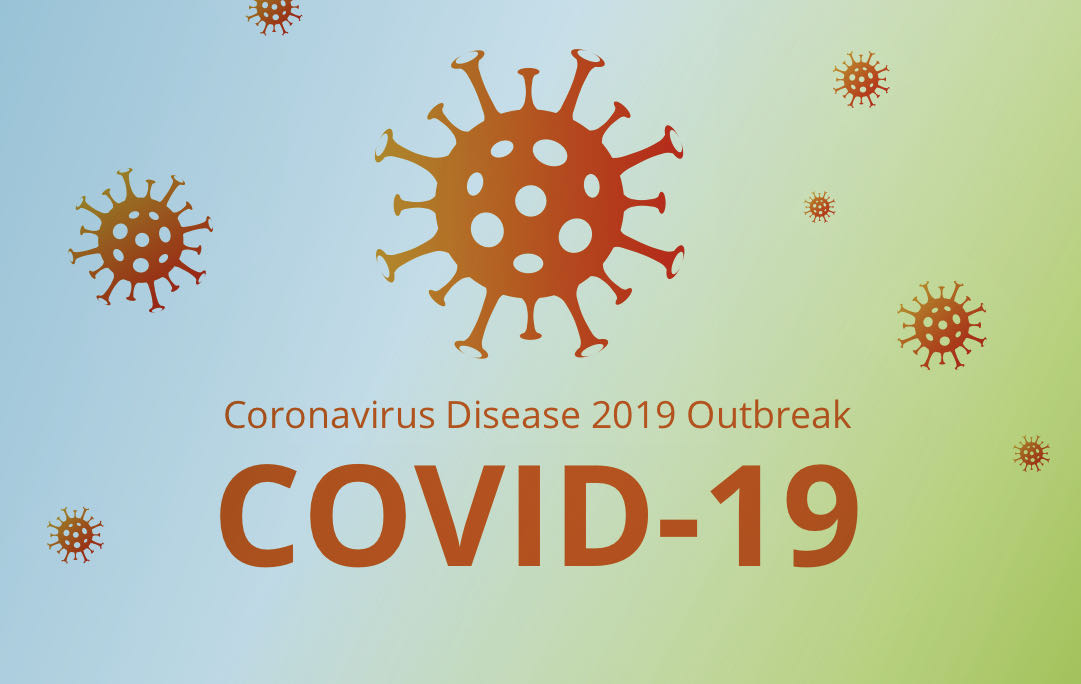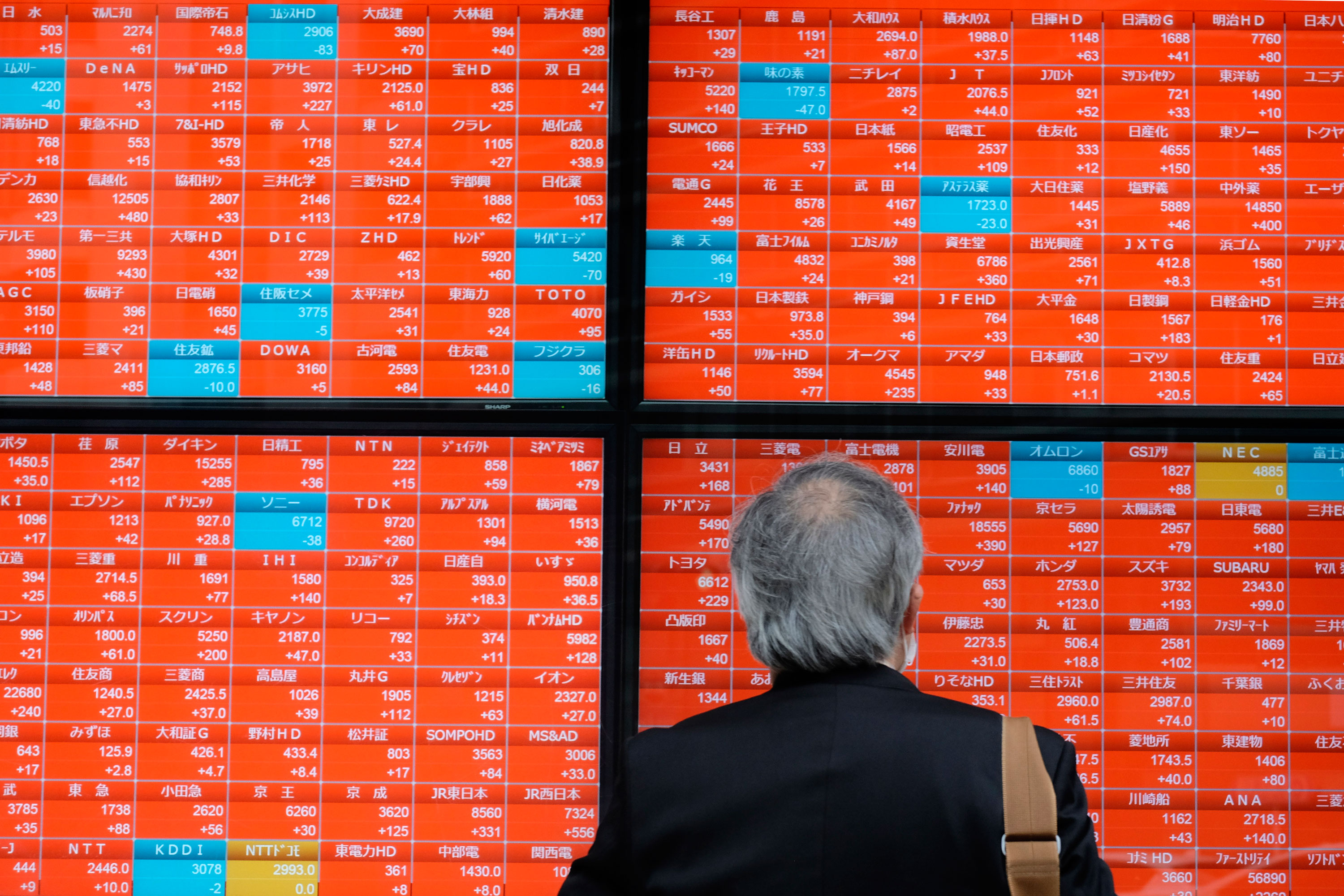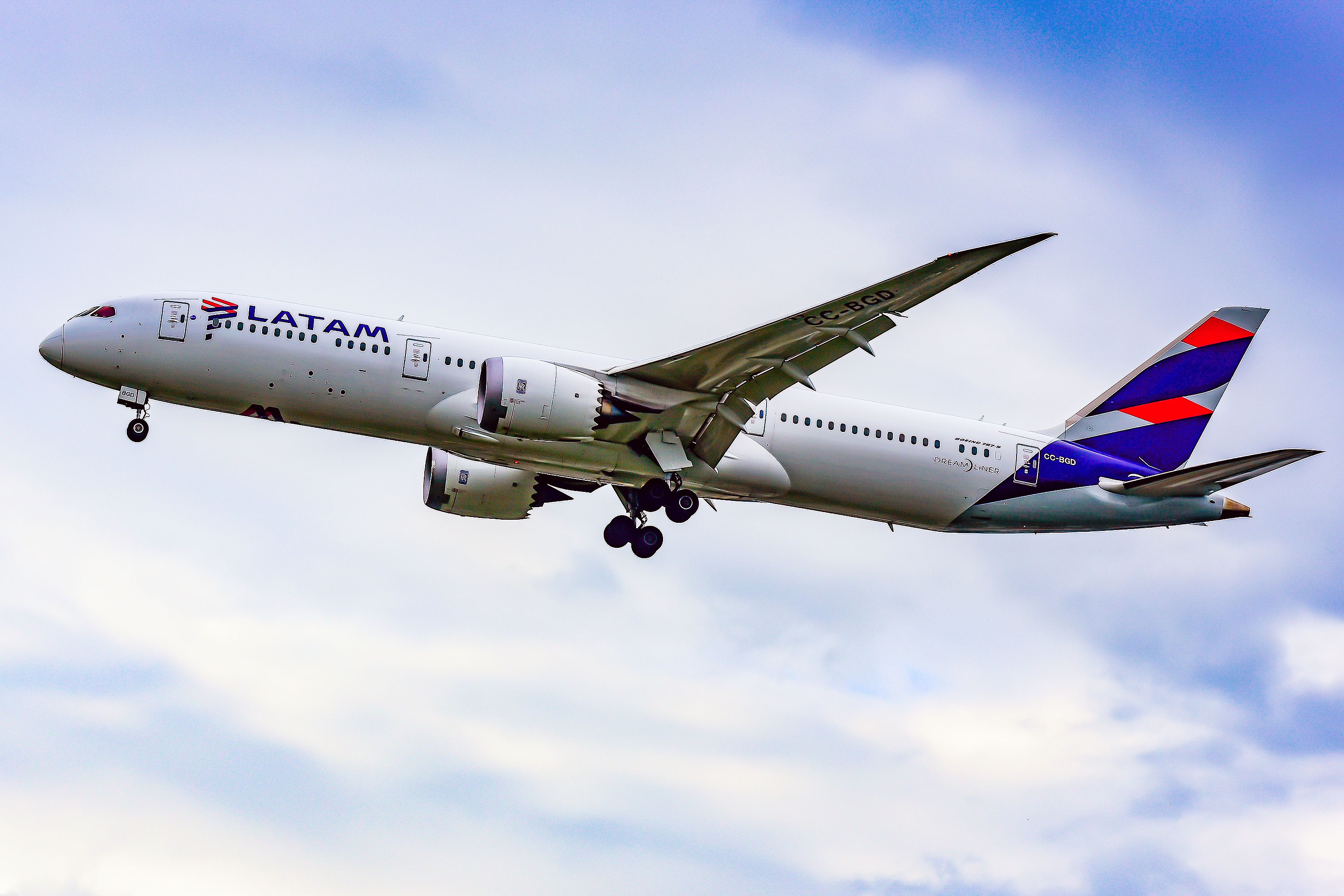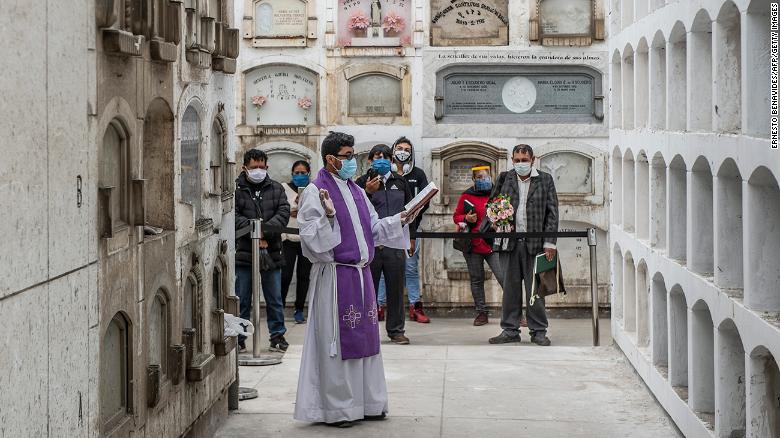
 i_need_contribute
i_need_contribute




|
Country, |
Total |
New |
Total |
|
World |
5,584,267 |
+90,184 |
347,613 |
|
1,706,226 |
+19,790 |
99,805 |
|
|
376,669 |
+13,051 |
23,522 |
|
|
353,427 |
+8,946 |
3,633 |
|
|
282,480 |
26,837 |
||
|
261,184 |
+1,625 |
36,914 |
|
|
230,158 |
+300 |
32,877 |
|
|
182,942 |
+358 |
28,432 |
|
|
180,789 |
+461 |
8,428 |
|
|
157,814 |
+987 |
4,369 |
|
|
144,950 |
+6,414 |
4,172 |
|
|
137,724 |
+2,023 |
7,451 |
|
|
123,979 |
+4,020 |
3,629 |
|
|
85,711 |
+1,012 |
6,545 |
|
|
82,985 |
+11 |
4,634 |
|
|
74,795 |
+2,235 |
399 |
|
|
73,997 |
+4,895 |
761 |
|
|
68,620 |
+2,764 |
7,394 |
|
|
57,342 |
+250 |
9,312 |
|
|
56,349 |
+1,748 |
1,167 |
|
|
45,465 |
+1,751 |
26 |
|
|
45,445 |
+209 |
5,830 |
|
|
37,355 |
+599 |
3,203 |
|
|
37,144 |
+946 |
204 |
|
|
35,585 |
+1,975 |
501 |
|
|
33,843 |
+384 |
4,029 |
|
|
31,960 |
+344 |
23 |
|
|
30,788 |
+165 |
1,330 |
|
|
30,746 |
+10 |
1,913 |
|
|
30,307 |
+822 |
248 |
|
|
24,698 |
+59 |
1,606 |
|
|
23,615 |
+1,032 |
481 |
|
|
22,750 |
+479 |
1,391 |
|
|
21,981 |
+806 |
750 |
|
|
21,967 |
+665 |
165 |
|
|
21,631 |
+305 |
1,007 |
|
|
21,245 |
+259 |
623 |
|
|
18,283 |
+213 |
1,205 |
|
|
17,967 |
+702 |
783 |
|
|
16,734 |
+17 |
281 |
|
|
16,581 |
+31 |
830 |
|
|
16,539 |
+36 |
641 |
|
|
15,073 |
+272 |
460 |
|
|
14,319 |
+284 |
873 |
|
|
12,628 |
+552 |
467 |
|
|
11,387 |
+27 |
563 |
|
|
11,206 |
+16 |
267 |
|
|
11,193 |
+34 |
239 |
|
|
11,183 |
+257 |
310 |
|
|
11,173 |
+591 |
219 |
|
|
9,171 |
+33 |
14 |
|
|
9,002 |
+47 |
317 |
|
|
8,531 |
+209 |
35 |
|
|
8,503 |
+197 |
609 |
|
|
8,364 |
+12 |
235 |
|
|
8,068 |
+229 |
233 |
|
|
7,770 |
37 |
||
|
7,532 |
+99 |
200 |
|
|
7,417 |
+172 |
115 |
|
|
7,147 |
+54 |
261 |
|
|
7,118 |
+4 |
102 |
Source: https://www.worldometers.info/coronavirus/

Tablets of hydroxychloroquine.Credit...George Frey/Agence France-Presse — Getty Images
The World Health Organization said on Monday that safety concerns had prompted it to temporarily remove the malaria drug hydroxychloroquine — which Mr. Trump said he had taken in hopes of warding off the coronavirus, despite the lack of evidence that it works — from a global drug trial aimed at finding treatments for Covid-19.
Dr. Tedros Adhanom Ghebreyesus, the organization’s director-general, said officials had decided on a “temporary pause” in testing the drug after The Lancet published an observational study last week that found that people who took the drug were more likely to die. Several earlier studies had also found no benefit — and possible harm — when the drug was used by Covid-19 patients. Dr. Tedros said the W.H.O. would review safety data.
Hydroxychloroquine had been one of several drugs and drug combinations that the W.H.O. was testing to evaluate whether it was effective against Covid-19. The test, called the Solidarity Trial, has enrolled nearly 3,500 patients so far from 17 countries, officials said.
Dr. Tedros noted that the concerns related to hydroxychloroquine and chloroquine, another malaria drug, stemmed from when they were used on Covid-19 patients. “I wish to reiterate that these drugs are accepted as generally safe for use in patients with autoimmune diseases or malaria,” he said.
Mr. Trump, who has long promoted hydroxychloroquine despite the lack of evidence that it works for virus, made the startling announcement this month that he had taken it himself as a preventive measure, under the supervision of his doctor. The Food and Drug Administration had issued a safety warning in April noting that hydroxychloroquine and chloroquine could cause dangerous abnormalities in heart rhythm in virus patients. The F.D.A. said that they should be used only in clinical trials or hospitals where patients could be closely monitored.
Dr. Michael Ryan, the executive director of the organization’s emergencies unit, warned at a press briefing Monday that if nations let up too quickly on the social distancing measures that they have put in place to curb the spread of the virus, it could rapidly bounce back and reach “a second peak.”

Serving chopsticks are a new addition to the table at Chilli Kitchen in Beijing.Credit...Giulia Marchi for The New York Times
Amy Qin is a China correspondent for The New York Times covering the intersection of culture, politics and society.
The coronavirus has forced us all to rethink our everyday habits, including things we once took for granted like shaking hands or wearing shoes inside the house.
So when my editors recently asked me to look into a story about the Chinese government’s recent campaign to promote the use of serving chopsticks, it also prompted some self-reflection.
Growing up in a Chinese household in the United States, we almost always ate family-style, using our personal chopsticks to reach into dishes of food that had been placed in the middle of the table. Some of my most vivid memories from childhood involve my mom, in the well-established tradition of Chinese mothers, piling food onto my plate, urging me to “eat more, eat more.”
Sure, there were occasions when serving chopsticks and spoons were used — like potlucks, for example, or meals with strangers. But at home and between friends, sharing was caring. Eight years of living and eating out in China only served to reinforce the habit.
But then came the new coronavirus. Almost overnight, habits changed. For perhaps the first time, serving spoons and chopsticks appeared at our family’s Lunar New Year dinner. In Beijing in March, during one of my first meals out after the city’s restriction began to loosen, my friend and I asked for serving chopsticks for each of the dishes we ordered. It felt strange at first, but we quickly got used to it.
After the immediate threat of the virus fades, though, it remains to be seen whether or not these new habits will stick in China. As Liu Peng, 32, an education consultant from the coastal city of Qingdao, told me: “Maybe using serving chopsticks is more hygienic but eating is the time for us all to relax, and we don’t want to be bothered by all these little rules.”

Medics donned protective suits before entering the “red zone” of the Kommunarka hospital in Moscow this month.Credit...Sergey Ponomarev for The New York Times
Assailed by critics as an absentee leader at the start of the outbreak, President Vladimir V. Putin of Russia re-emerged with a splash on state television last month to show that he cared and was taking charge.
He promised cash bonuses of up to $1,100 a month for each doctor, nurse and other front-line health workers involved in fighting the virus.
But for an all-powerful leader whose every word must be taken as a command, Mr. Putin has had a surprisingly hard time making his voice heard, Andrew Higgins reports from Moscow. More than a month after Mr. Putin spoke, the money has yet to materialize for many. Instead, some doctors have received visits from police investigators and prosecutors demanding to know why they complained publicly about not getting their bonuses.
A promise meant to showcase Mr. Putin’s proudest achievement — the revitalization of the Russian state after the chaos of the 1990s — has sunk into a swamp of recrimination, security service intimidation and bureaucratic buck-passing.
The Kremlin holds more than $500 billion in various rainy day funds, so Mr. Putin has all the money he needs to deliver on his promises. But in a system rife with corruption, many officials live in permanent fear of being criticized — or worse, investigated — for spending state money that was not included in their previously approved budgets.
So when it came to doling out the cash, they hesitated, took the liberty of making deductions for time health workers spent on nonvirus patients or perhaps skimmed some of the money.
In the southern region of Krasnodar, a widely respected head doctor at a hospital was fired after his staff staged a small protest. A doctor in the nearby town of Abinsk who helped organize public complaints over nonpayment of Mr. Putin’s bonus received a letter from the police warning that he faced prosecution for “carrying out extremist activities.”
Yulia Volkova, a Krasnodar doctor who leads the local branch of Doctors’ Alliance, an independent trade union, said in a telephone interview that medical workers had rejoiced at Mr. Putin’s promise of extra cash. Now, though, they are “terrified of being investigated” if they complained about the president’s orders falling on deaf ears, she said.

Credit...Felix Schmitt for The New York Times
Most passenger planes today fly virtually empty, but when Virgin Atlantic flight VS251 landed at Heathrow Airport near London on a cloudy afternoon late last month, most of its 258 seats were occupied.
No one was violating social distancing recommendations, though. The seats, along with the plane’s belly, were loaded with medical supplies. That flight was one of nine that Virgin flew last month that used passenger planes — without any passengers — to transport ventilators, masks, gloves and other medical necessities between Shanghai and London.
It was one of the most vivid examples of how thoroughly the pandemic has muddled the economics of the industry. Airlines have long carried freight alongside passengers, but it never made sense to use their planes exclusively for cargo. That changed in March. As companies eliminated thousands of flights, cargo space became scarce and the price of sending goods by plane shot up, creating an economic case for repurposing idled passenger planes.
From CNN Business' Sherisse Pham in Hong Kong

A man looks at a display of stock prices from the Tokyo Stock Exchange on May 26 in Tokyo. Kazuhiro Nogi/AFP/Getty Images
Asian stocks and US futures rose Tuesday, as a growing number of cities and countries around the world took steps towards reopening.
Japan's Nikkei 225 (N225) climbed 2.6%, leading the way in the region.
On Monday, Japan's Prime Minister Shinzo Abe lifted the state of emergency for the entire nation. Abe said he was also working to increase the government's stimulus packages to more than 200 trillion yen ($1.9 trillion), or about 40% of the annual output of the world's third-biggest economy.
Japan's cabinet is expected to approve the new package on Wednesday.
Meanwhile, Hong Kong's Hang Seng Index (HSI) advanced about 2%, adding to Monday's gains.
From CNN's Maija Ehlinger

Shutterstock
LATAM Airlines Group, the largest air carrier in Latin America, has filed for bankruptcy in large part due to the Covid-19 pandemic, the company said in a statement on its website.
The company is planning to reorganize operations under Chapter 11 bankruptcy protection in the United States. CEO Roberto Alvo said the company will focus "on transforming our group to adapt to a new and evolving way of flying, with the health and safety of our passengers and employees being paramount."
In the meantime, reservations, employee pay, flight vouchers, and passenger and cargo operations will not be impacted, according to the statement.
"Our group has shared our journey with the people of Latin America, thriving in times of growth and pulling together to overcome times of adversity," the statement said. "LATAM will emerge from this process a more efficient, resilient, and ultimately strengthened airline group that is better placed to serve Latin America."
This is the second major airline in the region to file for bankruptcy this month. Colombia-based Avianca filed for bankruptcy May 11, citing coronavirus-related financial problems.
From CNN's Michelle Toh in Hong Kong
Singapore's recession may be much deeper than expected this year as the coronavirus pandemic continues to batter the wealthy city-state.
Officials there Tuesday slashed the country's economic forecast for the third time this year. GDP growth is now set to drop between 4% and 7% -- down from an expected decline of 1% to 4%, according to the Ministry of Trade and Industry.
The darkening outlook marks a major departure from just a few months ago. Earlier this year, Singapore was seen as one of the few countries that had its coronavirus response under control.
But it has recently experienced an alarming second wave of infections, leading to heightened restrictions. The island nation now has 31,960 confirmed cases, up from just a few hundred in March, according to data from Johns Hopkins University.
Singapore was already headed for recession last year as its exports slumped due to the US-China trade war.
Now, "we think the economy is already in recession," Sung Eun Jung, of Oxford Economics, wrote in a research note Tuesday.
To shore up the flagging economy, the government has deployed billions of dollars in stimulus measures.
A new package is also expected later on Tuesday, when Deputy Prime Minister and Finance Minister Heng Swee Keat presents a relief plan for businesses in an address to parliament.
From CNN's Mariano Castillo

A priest at the funeral of Covid-19 victims at El Angel cemetery, in Lima on May 21. Ernesto Benavides/AFP/Getty Images
Peru was one of the first nations in the Americas to introduce strict preventative coronavirus measures, including stay-at-home orders, curfews and border closings.
How, then, did it become one of the hardest hit?
As of Monday, Peru had more than 123,900 confirmed coronavirus cases and 3,600 deaths -- putting it second only to Brazil both in the number of cases and deaths in Latin America.
The two countries had handled the epidemic very differently: While Brazilian President Jair Bolsonaro downplayed the dangers posed by the coronavirus, Peru's President Martin Vizcarra declared a nationwide state of emergency on March 15 that included mandatory self-quarantine, and shuttered the country's borders.
But the virus surged all the same.
About 85% of Peru's ICU beds with ventilators are now occupied, according to government figures, and overcrowding at hospitals is feared.
"This situation is not just a health emergency, but a health catastrophe, defined as a situation where the pandemic has overtaken the response capacity of the health sector," Dr. Alfredo Celis, of the Medical College of Peru, told CNN en Español.
Deep wealth inequality and poor aid distribution design are two reasons why. Read here to learn more.

NASA astronauts Bob Behnken, left, and Doug Hurley speak to the media after arriving at the Kennedy Space Center on May 20, in Cape Canaveral, Florida. Joe Raedle/Getty Images
To further protect the crew of Space X’s first astronaut launch from any potential Covid-19 exposure, the company and NASA set up a three-week “ultimate quarantine” -- and outfitted them “looking like ninjas,” a mission official said Monday.
SpaceX’s Crew Dragon Demo-2 mission is a flight test with crew, prior to certification of systems by NASA for operational missions to the International Space Station.
NASA astronauts Robert Behnken and Douglas Hurley are expected to fly on the Crew Dragon spacecraft, lifting off on a Falcon 9 rocket from Cape Canaveral, Florida, on Wednesday.
“Making sure that the crew is healthy and isn't going to be bringing potential virus or anything up to the crew on station... this is a very serious process that people go through,” Kathy Lueders, manager of NASA's commercial crew program, told reporters during a teleconference.
SpaceX’s Crew Dragon Demo-2 mission is a flight test with crew, prior to certification of systems by NASA for operational missions to the International Space Station, the space agency said.
NASA astronauts Robert Behnken and Douglas Hurley are expected to fly on the Crew Dragon spacecraft, lifting off on a Falcon 9 rocket from Cape Canaveral, Florida, on Wednesday.
“They're like doing the ultimate quarantine... They and all the people that have been interacting with them and working with them are suited and checked and tested and to make sure that Bob and Doug are going up to station safe... They look like ninjas."
Source: https://edition.cnn.com/world/live-news/coronavirus-pandemic-05-26-20-intl/index.html
There are almost 5.5m cases worldwide, according to the Johns Hopkins university coronavirus tracker, which has counted a total of 5,495,061 confirmed infections. The death toll stands at 346,232.
WHO warns of “second peak” in areas where Covid-19 declining. Countries where coronavirus infections are declining could still face an “immediate second peak” if they let up too soon on measures to halt the outbreak, the World Health Organization said on Monday. WHO emergencies head Dr Mike Ryan told an online briefing, “We cannot make assumptions that just because the disease is on the way down now it is going to keep going down and we are get a number of months to get ready for a second wave. We may get a second peak in this wave.”
Mexico City records thousands more deaths than usual, amid doubt over official Covid-19 toll. This year, Mexico City has issued 8,072 more death certificates than the average for the same period in the past four years, according to a new study that suggests the country’s coronavirus death toll could be significantly higher than the official figure of nearly 7,400. The report’s authors found 37% more death certificates were issued in April 2020 than that month’s average during the previous four years. By the end of May they estimated the number would mushroom by 120%.
White House brings forward Brazil travel restrictions by two days, amending the timing to 11.59pm ET on Tuesday, 26 May. The White House announced Sunday it was restricting travel from Brazil, two days after Brazil became the world’s No. 2 hotspot for coronavirus cases. In its original announcement, it said the restrictions would come into force on 28 May.
Dutch PM Mark Rutte did not visit dying mother due to Covid-19 restrictions. Dutch Prime Minister Mark Rutte was unable to visit his dying mother in her final weeks because he obeyed coronavirus restrictions against visiting care homes, his office has said. His mother did not die of Covid-19 although there had earlier been an outbreak of the disease in the home where she was living, Dutch media reported.
Dominic Cummings, the UK PM’s aide, has said he does not regret breaching the lockdown. Dominic Cummings, the chief of staff to Boris Johnson, admitted driving about 250 miles (400km) from his home during the UK’s lockdown, but insisted he acted reasonably.
The World Health Organization has suspended testing the malaria drug hydroxychloroquine in Covid-19 patients due to safety concerns. The WHO’s director general, Tedros Adhanom Ghebreyesus, cited a paper published in the Lancet that showed people taking hydroxychloroquine were at higher risk of death and heart problems.
WHO worries about ‘silent epidemic’ unless Africa prioritises virus testing. Africa has so far been spared the worst impact of the coronavirus, but the World Health Organization is worried the continent could face a “silent epidemic” if its leaders do not prioritise testing for it, a WHO envoy said on Monday.
Coronavirus measures ‘disastrous’ for children: Dutch watchdog. The coronavirus pandemic will have a “disastrous” impact on children’s rights worldwide, making them more vulnerable to forced labour and underage marriage, a rights group said Tuesday. School closures left boys and girls more vulnerable to child labour, early marriage and teenage pregnancy, while millions would fall into extreme poverty because of the coronavirus outbreak, the NGO KidsRights said.
Australia will not open the country’s borders ‘anytime soon’. Australia will not open the country’s borders “anytime soon”, Prime Minister Scott Morrison said on Tuesday, but added the country will continue its discussions with neighbouring New Zealand for a trans-Tasman safe travel zone.
Masks too dangerous for children under two, Japan medical group says. Children under the age of two shouldn’t wear masks because they can make breathing difficult and increase the risk of choking, a Japan medical group said, launching an urgent appeal to parents as the country reopens from the coronavirus crisis.
Saudi Arabia to revise curfew times. Saudi Arabia will revise curfew times this week, and lift it entirely across the Kingdom with the exception of the holy city of Mecca starting 21 June, state news agency reported in a statement early on Tuesday. Bans on domestic travel, holding prayers in mosques, and workplace attendance in both government and private sector will be lifted, starting 31 May, the statement added. For Mecca, the curfew time will be adjusted to 3pm-6M and prayers will be allowed to be held in mosques from 21 June.
Germany offers Lufthansa $9.8bn lifeline. Germany threw Lufthansa a €9bn (US$9.8bn) lifeline on Monday, agreeing a bailout which gives Berlin a veto in the event of a hostile bid for the airline, Reuters reports.The largest German corporate rescue since the coronavirus crisis struck will see the government get a 20% stake, which could rise to 25% plus one share in the event of a takeover attempt, as it seeks to protect thousands of jobs.
Iceland eases national alert. Iceland eased its national alert against the coronavirus on Monday, allowing for public gatherings of up to 200 people and night clubs and gyms to reopen as the country nears complete recovery from the outbreak.Iceland limited the virus spread through a meticulous test and trace strategy and a full lockdown, has confirmed 1,804 infections and 10 deaths. But there have been only five reported new cases in May, and more than 99% of infected persons have recovered.
California issues guidelines for house of worship reopenings. The state released guidance under which county health departments can approve the reopening of churches, mosques, synagogues and other houses of worship. They have been closed since Governor Gavin Newsom issued a stay-at-home order in March to slow the spread of the coronavirus.
About 15,000 Rohingya refugees are now under coronavirus quarantine in Bangladesh’s vast camps, officials said Monday, as the number of confirmed infections among them rose to 29.Health experts have long warned that the virus could race through the cramped settlements, housing almost a million Muslims who fled violence in Myanmar, and officials had restricted movement to the area in April.